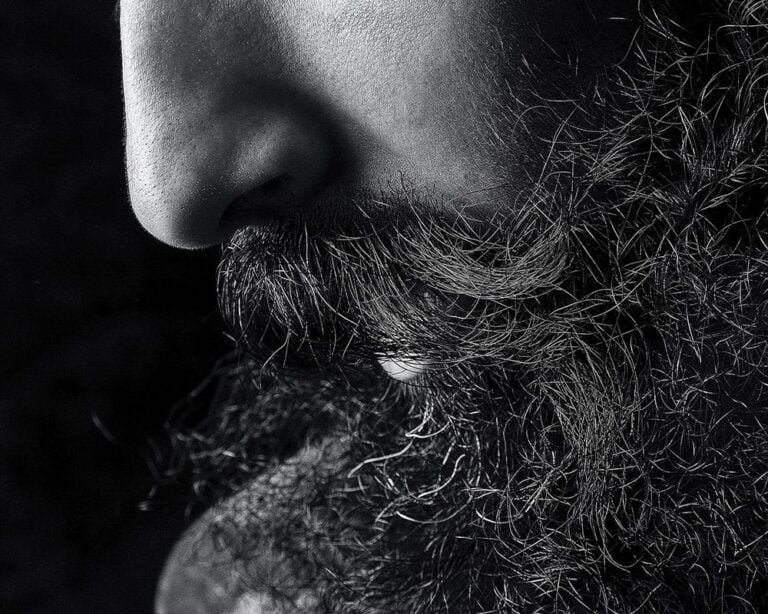verb: dessiner
Meaning
The primary meaning of the French verb “dessiner” is “to draw,” “to design,” “to map out,” “to outline,” “to depict” or even “to portray.” For example, “Il a su dessiner un tableau vivant de la scène.”
Conjugation
“Dessiner” is a regular “-er” verb, meaning it follows the typical conjugation patterns for this type of verb. Here is the conjugation of “dessiner” in the present tense, indicative mood:
- Je dessine (I draw)
- Tu dessines (You draw)
- Il/elle dessine (He/she draws)
- Nous dessinons (We draw)
- Vous dessinez (You draw)
- Ils/elles dessinent (They draw)
Etymology
The etymology of “dessiner” can be traced back to the Latin word “designare,” which means “to mark out, designate, or describe.” Over time, the word evolved in Old French, and “dessiner” emerged as its modern form.
Expressions
- Dessiner un sourire sur le visage: This expression means “to put a smile on (someone’s) face” and is often used to describe someone who can create joy or happiness.
Dessine-moi un mouton
One of the most iconic uses of the verb “dessiner” is found in Antoine de Saint-Exupéry’s little book, “Le Petit Prince” (The Little Prince). In the story, the Little Prince asks the narrator, a pilot who crash-landed in the Sahara Desert, to draw him a sheep. The line “Dessine-moi un mouton” translates to “Draw me a sheep.”
Almost every French person is familiar with this phrase, having read “Le Petit Prince” (or having had it read to them) as a child.






